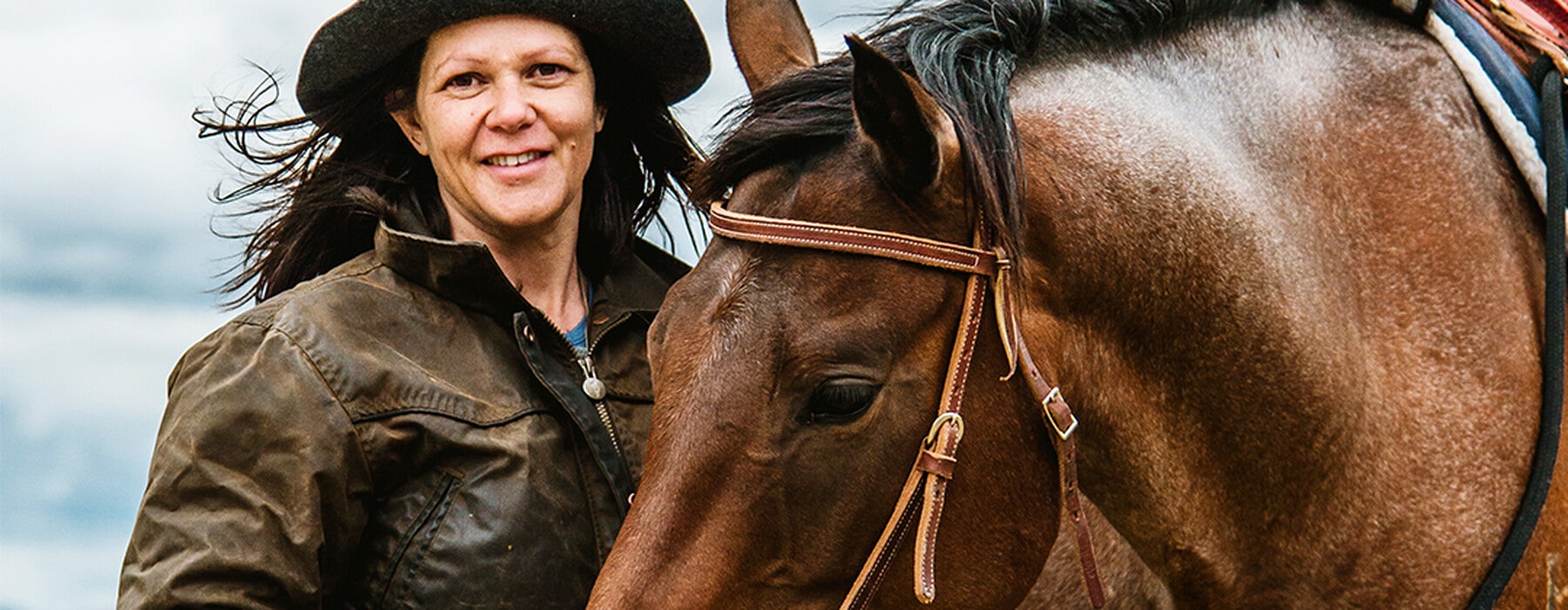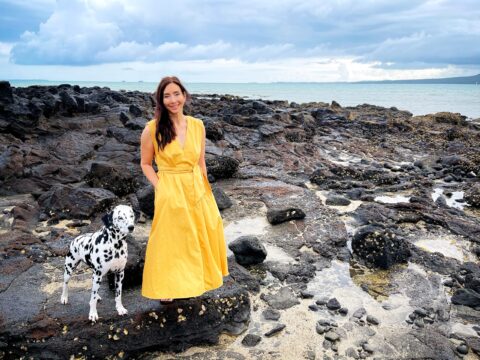Kiwi Nicole Masters discusses her passion for regenerating soil and how her work making a dramatic impact on farming in the US.
Changing the world is something most of us think about, some of us try to do, and many of us decide is just too hard. But New Zealander Nicole Masters is on a mission to change the world, one American ranch at a time.
The agroecologist is doing it by teaching regenerative agriculture and getting farmers and ranchers to look at what lies beneath: the state of their soil.
“There is a whole world under our feet, begging to be explored. It’s a world that has been largely ignored and kept out of sight, until more recently. We’re spending trillions figuring out how to get to Mars or discovering life on other planets, when we are barely comprehending the life we have on earth,” she says in her book For the Love of Soil: Strategies to Regenerate our Food Production Systems.
Nicole and I talk by Zoom just as the US election results have started pouring in. She is nestled comfortably in her horse trailer, which is where she lives in Big Timber, Montana, at the foothills of the Crazy Mountains.
Nicole travels around the United States in an 8m-long horse trailer with her horse, Flynn, and dog, Rain. “It’s not a super-big trailer but it can carry two horses and has a bathroom, kitchen and bed. It’s awesome and I have everything I need,” she says with delight.
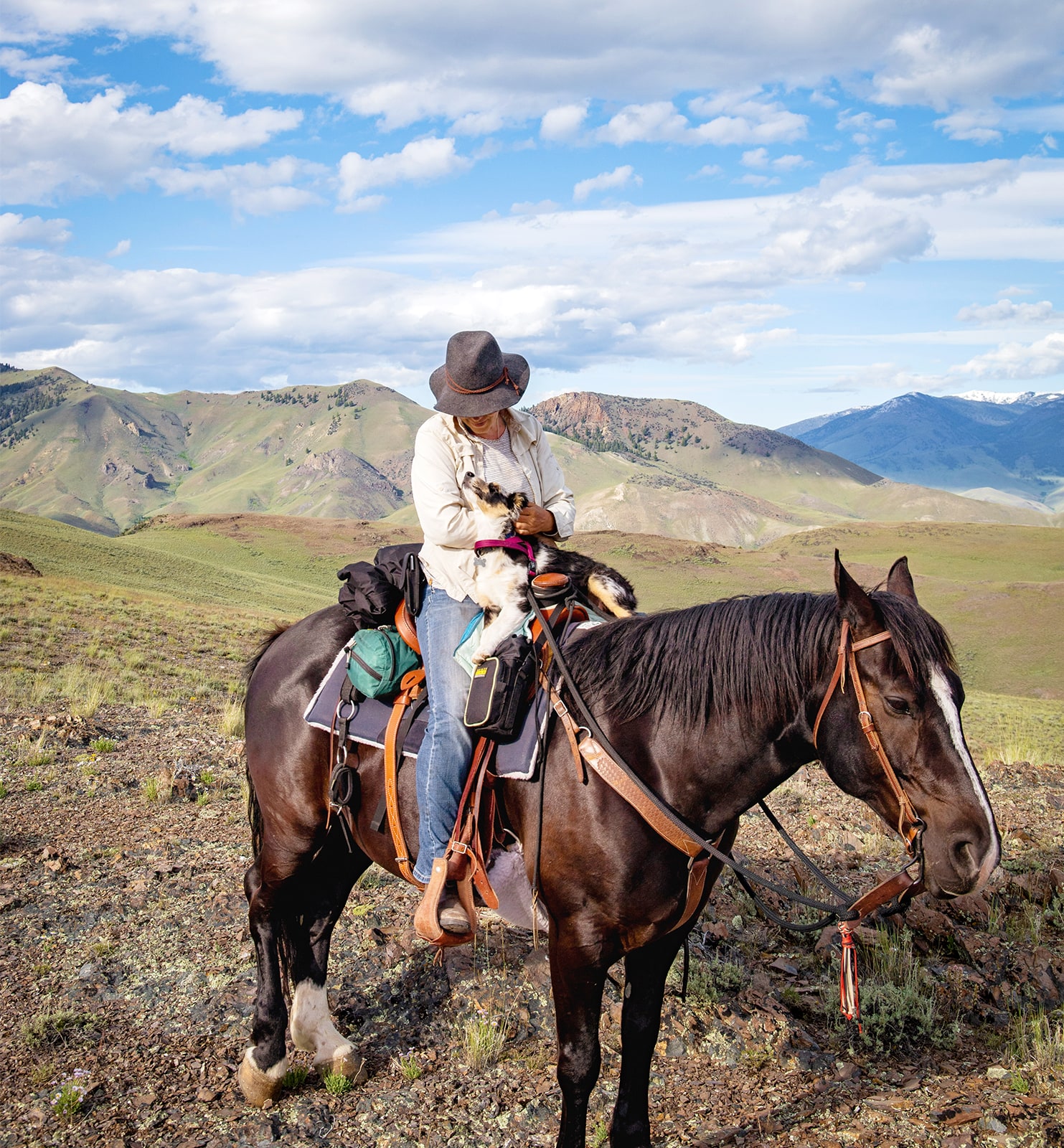
To me, it sounds like an ideal life, until you get to the bit where she turns up and proceeds to convince ranchers, who I imagine are fairly set in their ways, to ditch fertilisers and pesticides and regenerate their soil.
“To be honest, by the time I turn up most of them have been flipped on their paradigm,” she says.
“I have a connection with an organisation called Ranching for Profit, which holds courses with farmers and talks to them about how with regeneration you can turn your farm around and actually make some money out of it. That’s not something these conservative ranchers expect to do. Farming isn’t a business, it’s just a lifestyle,” says Nicole.
She says thousands of ranchers have been through the course and it opens their minds to other ways of doing things, rather than the traditional methods, because the traditional methods aren’t working. Regenerative agriculture means a farmer moves away from intensive farming using fertilisers such as nitrogen and phosphate, herbicides and pesticides, and views the farm as an interconnected whole – soil, water, plants and animals are seen as an ecosystem which needs the right conditions to thrive.
For Nicole, it means “integrity, restoring natural cycles and transparency of food production systems”.
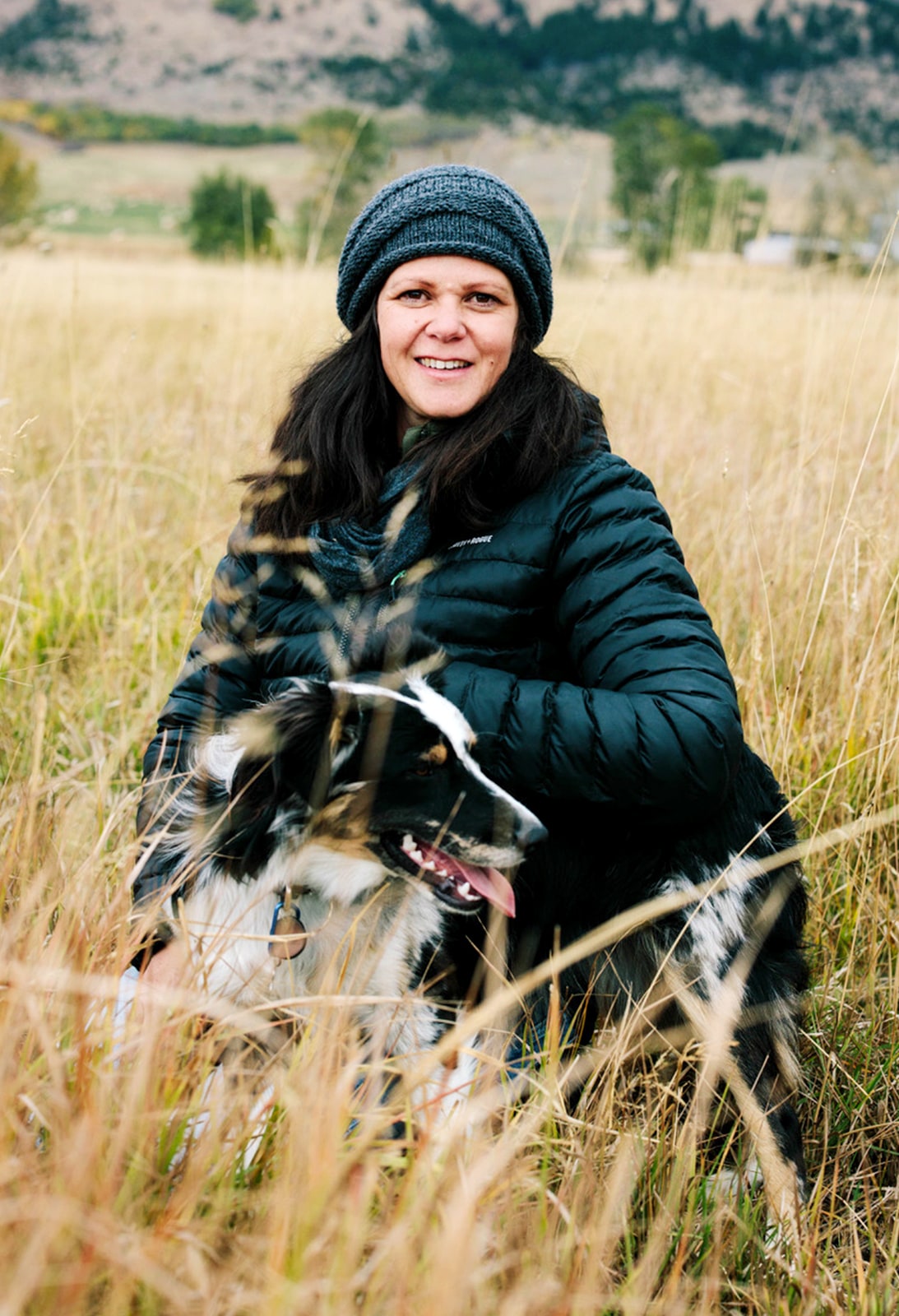
“Soil doesn’t offer the same kind of sexy, powerful feeling that blasting a big rocket into space does (well, for most people anyway). I understand – it’s difficult for most people to get excited about something invisible to the naked eye. Soil microbes are small and it’s hard to imagine the dramatic impact the unseen can have on the entire planet. Until you see your own soil through a microscope, soil microbes seem like fairy dust and a leap of faith.”
Changing for good
In her book, she writes about several farmers who have stepped outside expected rural behaviours.
“These food producers are taking actions to imitate natural systems more closely. They are creating food production systems which reduce reliance on external input. With a focus on mimicking natural systems, they are rewarded with more efficient nutrient, carbon and water cycles, improved plant and animal health, nutrient density, reduced stress and ultimately, profitability.”
Nicole says she first visited the US in 2013 to speak at a conference that was attended by 500 ranchers. She fell in love with Montana there and then.
“The light is different, the sky’s different. People talk about Big Sky Country, and that is what it is,” she says.
Since that conference, several of the ranchers have turned into family, after inviting her to come and see their properties and do some work with them.
“I just never left.”
Nicole’s process involves doing some coaching with the farmer and presenting ideas, but mostly she does her best work out on the ranch with the farmer, herding cattle on horseback.
“You can tell a lot about an operation by how they treat their dogs, how they ride and how they talk to each other,” she says.
“And you see a lot from horseback that you don’t see when you’re just out in a pick-up truck. So after we’ve done some coaching I ask if they’ve got any cattle work that needs doing and I go with them. For me, it’s getting into people’s worlds.”
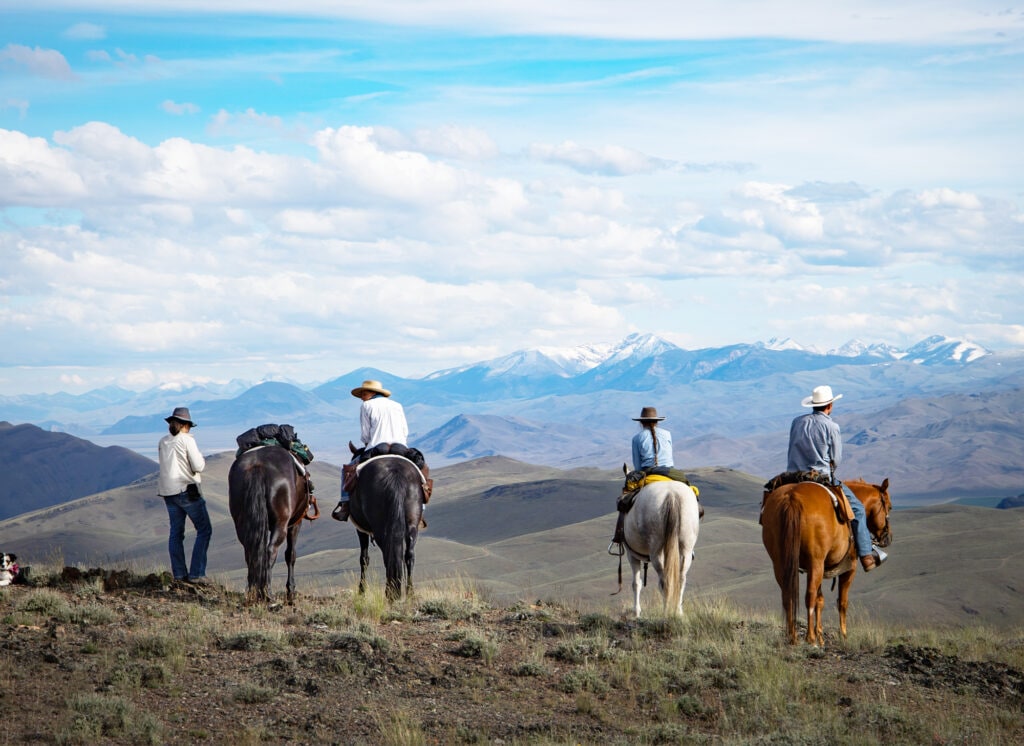
Nicole has a son, Bryn, aged 20, who lives in New Zealand. She says dealing with ranchers is a lot like dealing with him when he was a teenager.
“You don’t sit there face to face and try to nut something out. You sit beside them and get into their world. They are more likely to speak to you and share information when it’s not so formal.”
One ranch Nicole is particularly inspired by is Alderspring Ranch, which is 18,500ha, and in the past six years has doubled its soil carbon levels in a very harsh environment.
She says that if Alderspring, a huge property with incredibly low rainfall, can do it, anyone can.
“Look at the drought New Zealand had last summer. New Zealand farmers have no resilience, no preparation, they’re in drought in two weeks.
“We’ve done soil samples across New Zealand, and we find water cycles are broken down, and we can all witness this with increasing flooding events. A 2012 state-of-our-environment report found that 78 percent of dairy farms in New Zealand were significantly compacted. This is why water doesn’t soak in and stay there, and part of the reason for why we so quickly enter drought. But New Zealand has a good rain-fed ecosystem, and farmers there need to start thinking long-term.”
Nicole’s interest in regeneration started 22 years ago when she worked in regional agriculture.
Fifteen years ago, she discovered she had been poisoned by paraquat, a highly toxic chemical herbicide, while living in Hong Kong as a child.
“I guess that was an awakening for me, and the people I was working with back then were people who had got critically ill or their kids were really sick because of agricultural sprays. They were forced to change, but these days I am more interested in people who actually choose to do this work willingly. People who want to make a change and shift the way we do things in New Zealand or the planet. What does that look like and what does it take for these people to do that?”
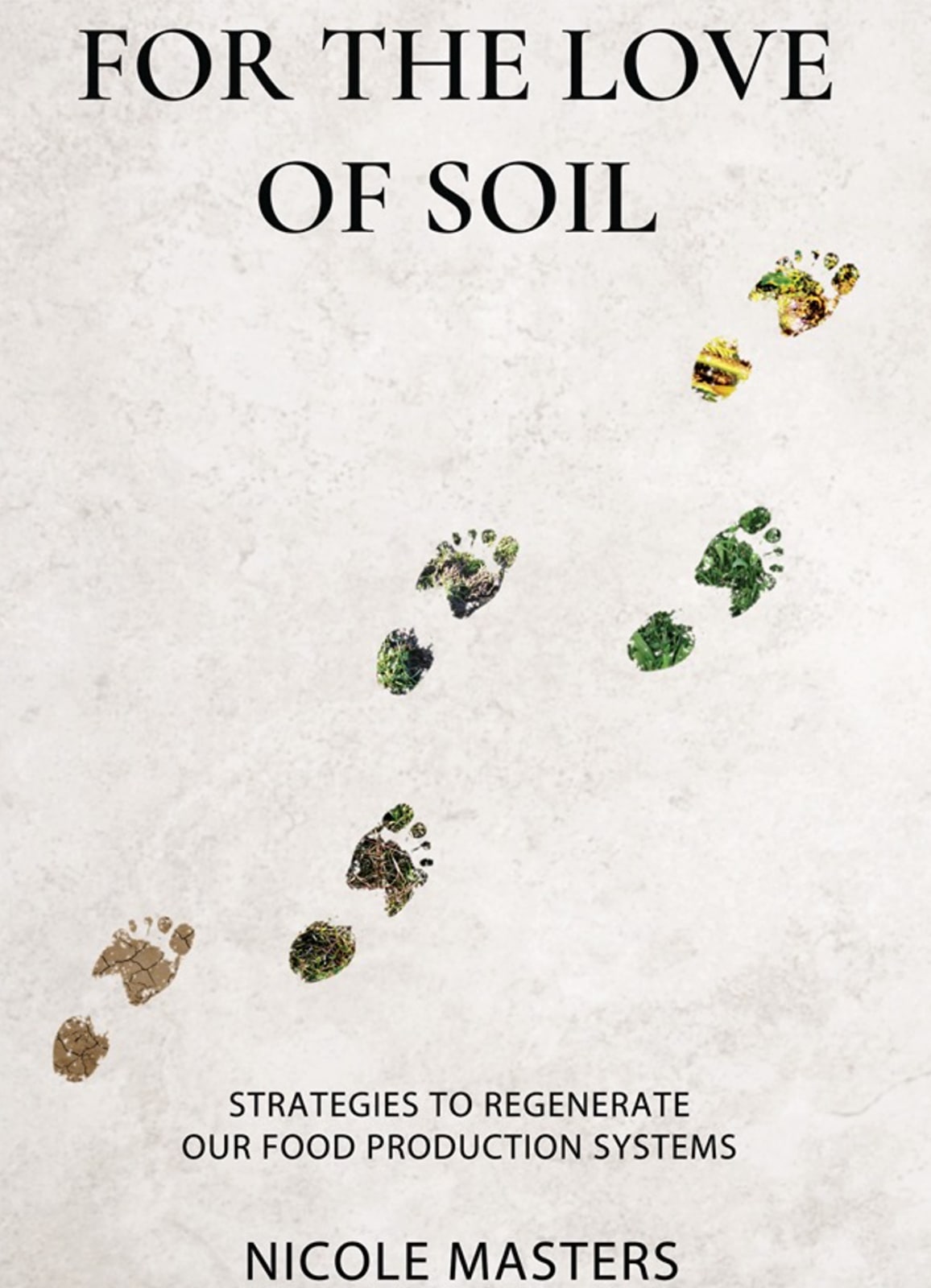
Photography by: Caitlin Connell and Melanie Elzinga.

